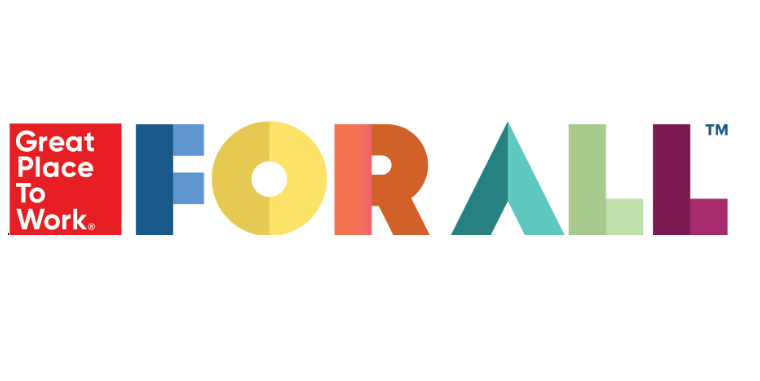Psychological Capital, also known as PsyCap, was a term coined by Fred Luthans and Carolyn Youssef. The research behind Psychological Capital theory suggests that individuals aligned with the HERO model described below, are better equipped with psychological resources to contribute to their team’s and organisations performance and innovation.
Before elaborating on the Psychological Capital framework and the HERO model, lets review the usual and well-known types of Capital:
- Economic | What do you have? This includes finances and assets.
- Human | What do you know? This includes experience, skills and knowledge.
- Social | Who do you know? This includes relationships, networks and friends.
Psychological Capital is about “Who are you?” in terms of psychological resources. It is a higher order construct comprised of Hope, Efficacy, Resilience and Optimism.
The HERO Model
The HERO acronym stands for the following positive psychological states:
- H | Hope – A sense of energy to persevere towards your goals through proactive planning
- E | Efficacy – A belief in your own ability to produce results and achieve self-defined goals
- R | Resilience – A positive way of coping, even when it seems as though there are no solutions to negative situations
- O | Optimism – Being and remaining positive about the likelihood of personal success, now and in the future.
Benefits
A high psycap is often associated with an increase in individuals job performance, job satisfaction, work engagement, organisational commitment, psychological wellbeing and a reduction of turnover, job stress, anxiety and cynicism.
From the organisation perspective, a high psycap results in a competitive advantage.
Causes
According to research a high psycap is related to:
- Organisational culture
- Supervisor support
- Leadership
To Learn more:
- Psychological Capital and Beyond | Book
- Psychological Capital Overview | 24 min Video
- Psycap 101 | Article
- Psychological Capital, An Evidence Based Approach | Scientific Paper
- What is Positive Organisational Psychology? | Article
- Luthans on Psychological Capital | 6 min Video
- Psychological Capital, Definitions, Components and Effect | Scientific Paper
- What is Self-Efficacy? | Article
- PSYCAP & Syrian refugees | Documentary



